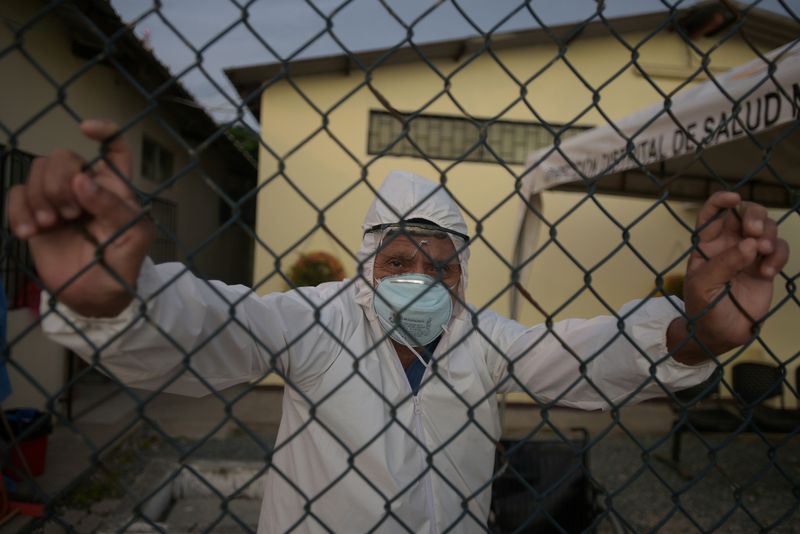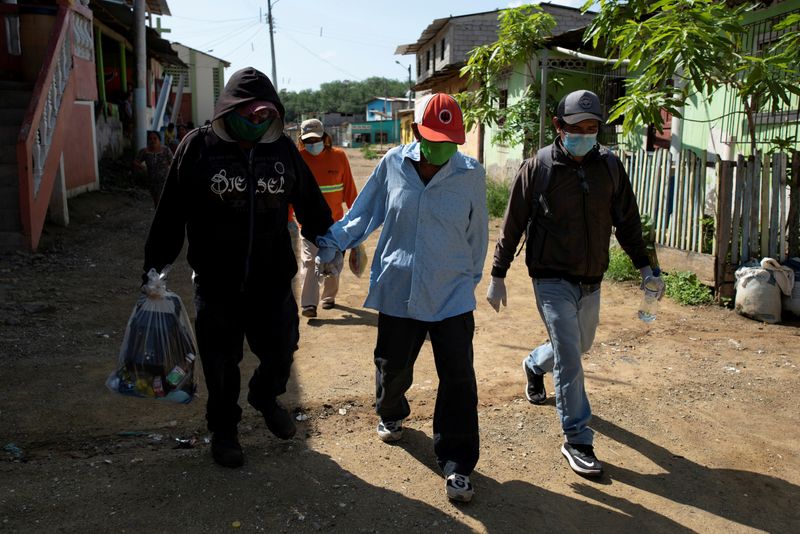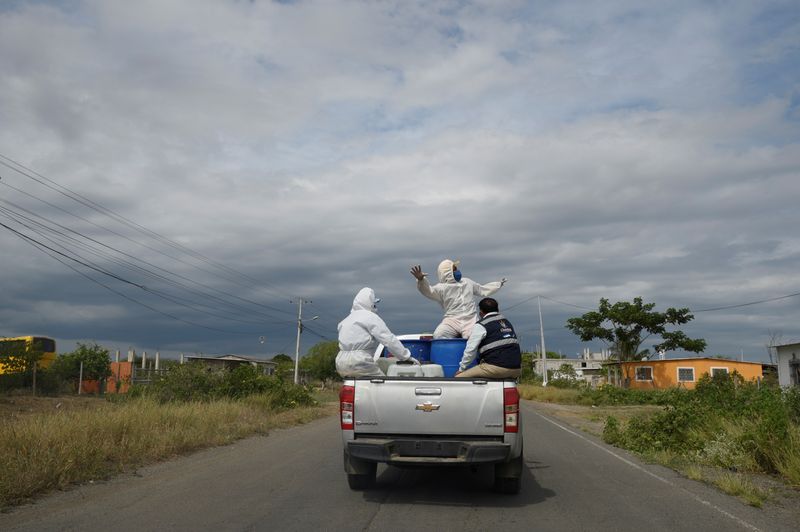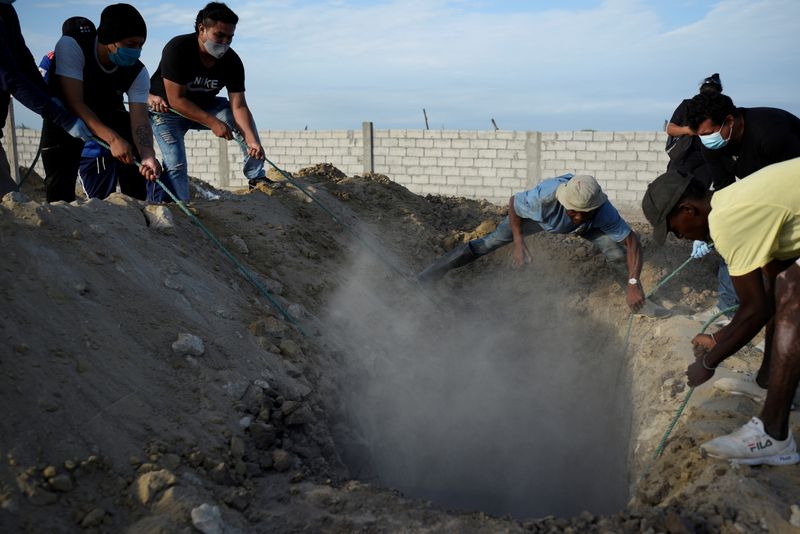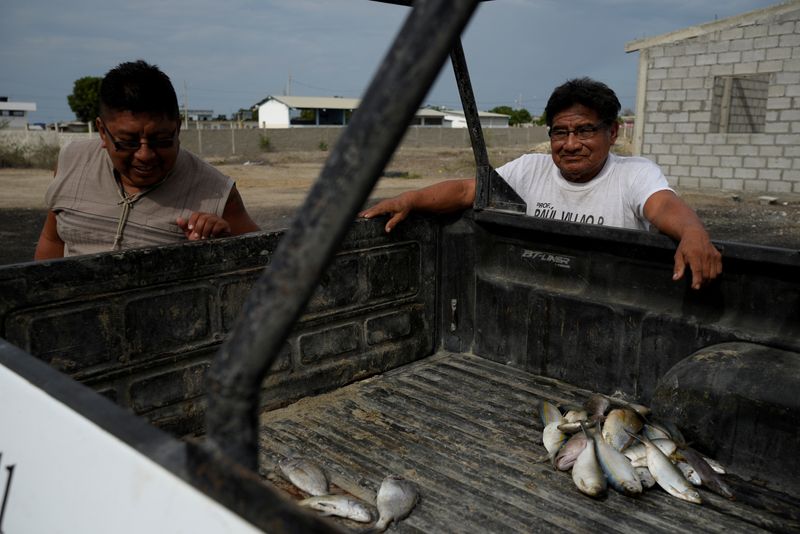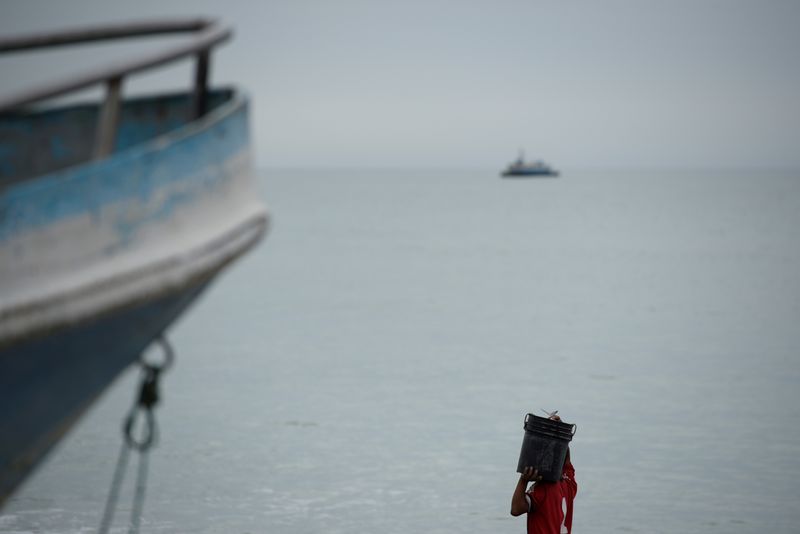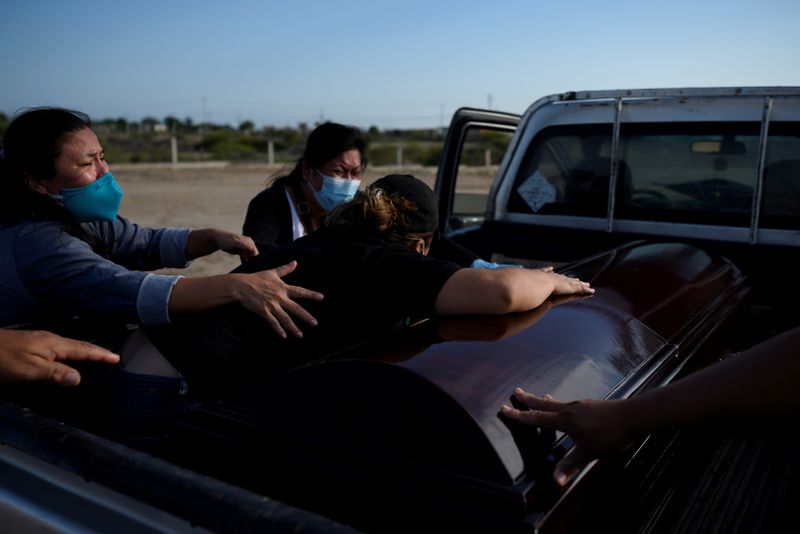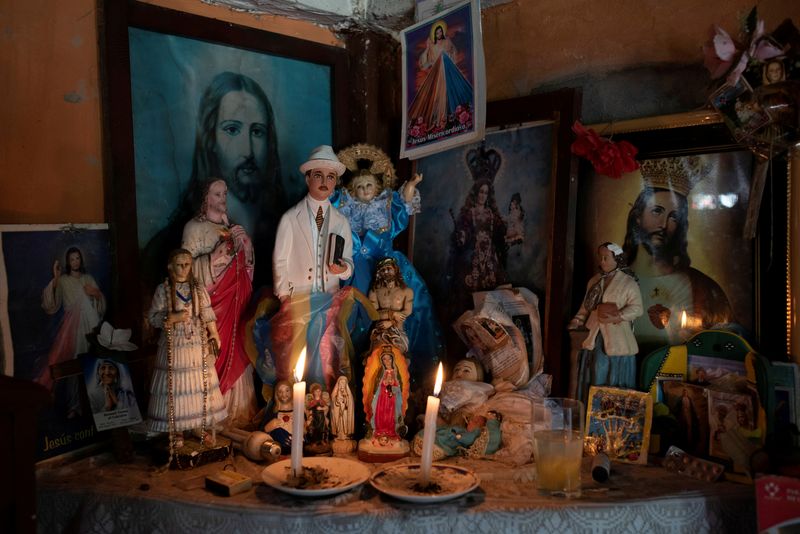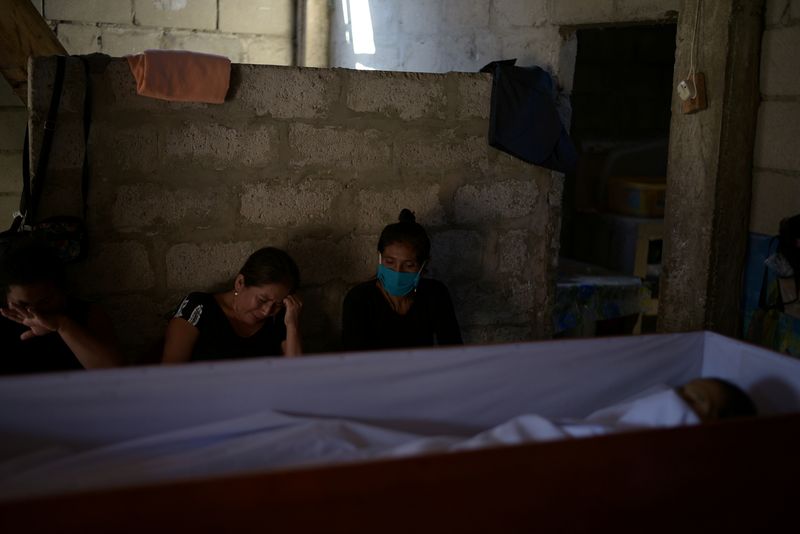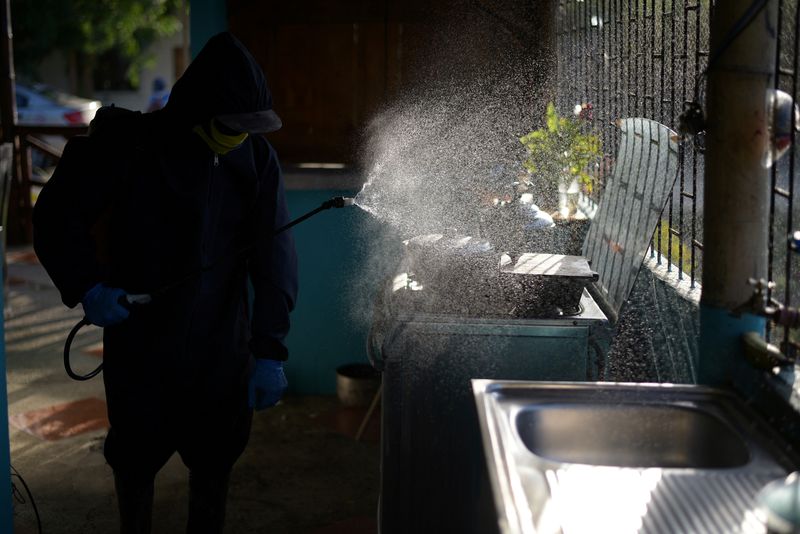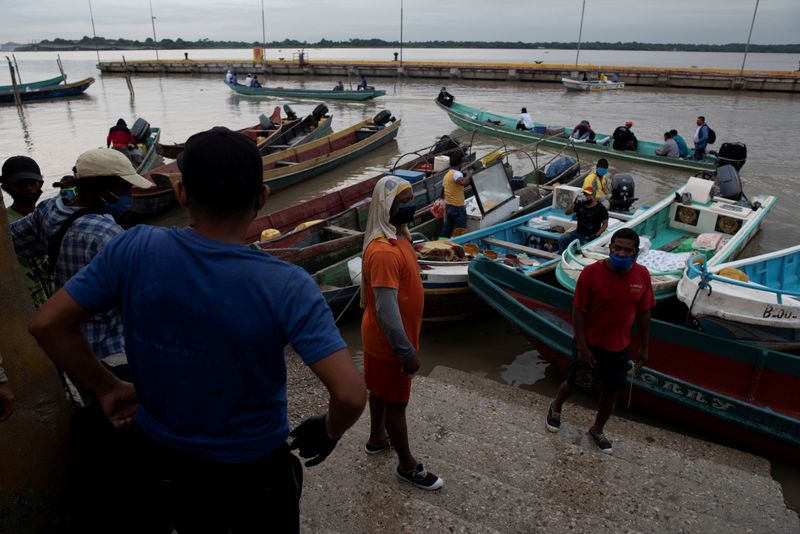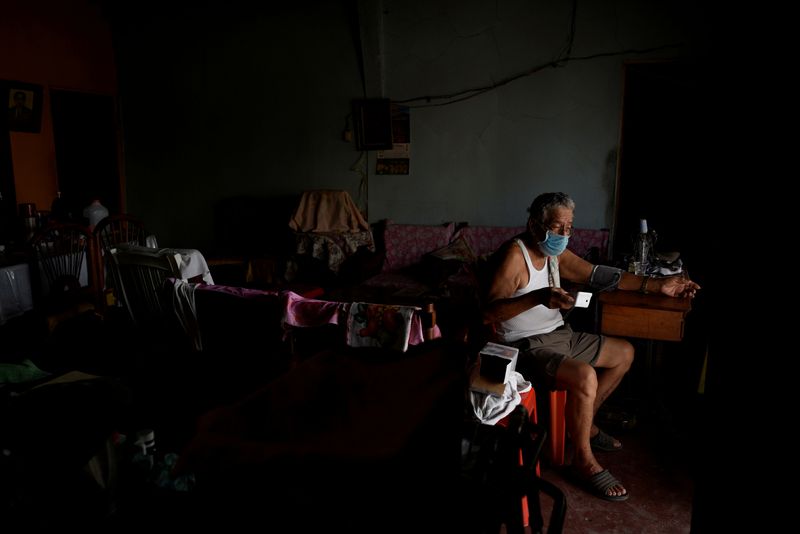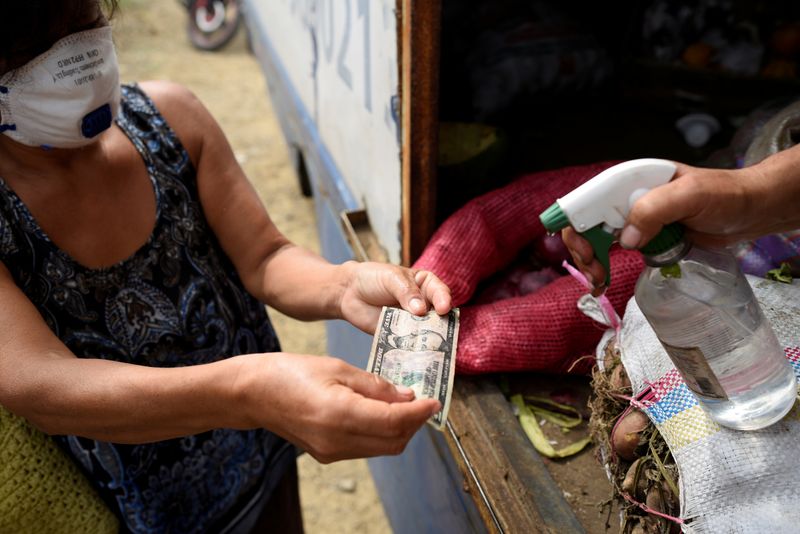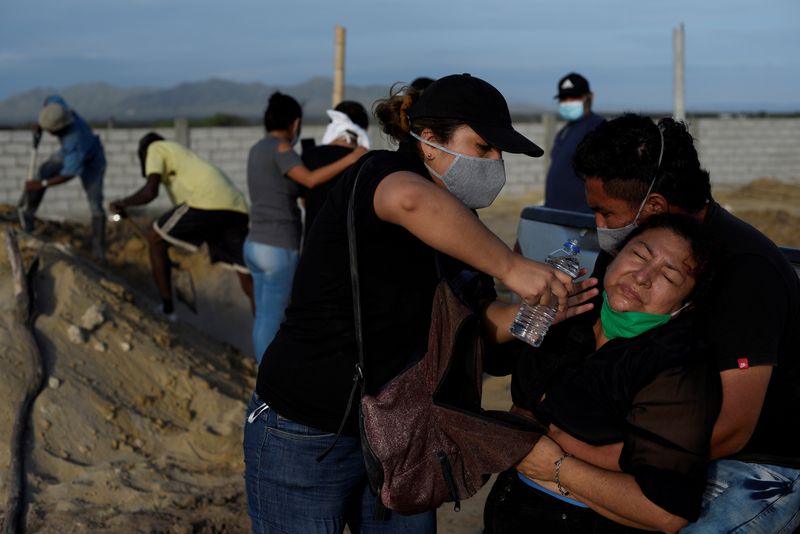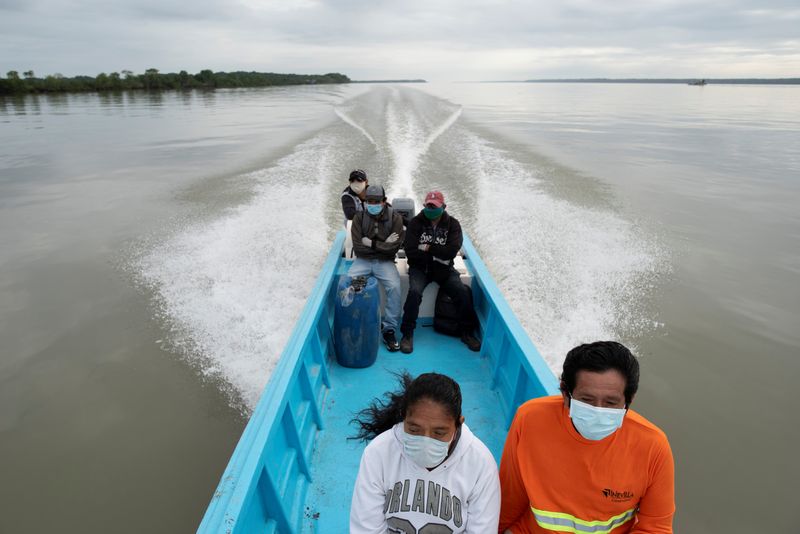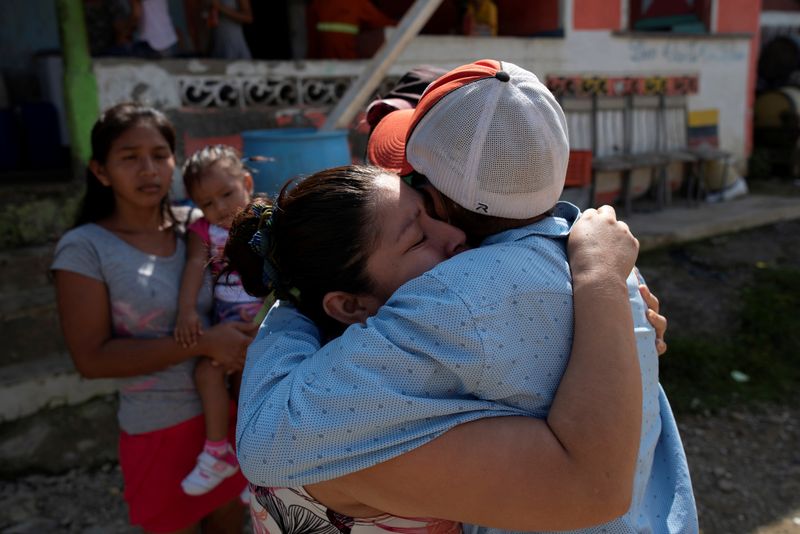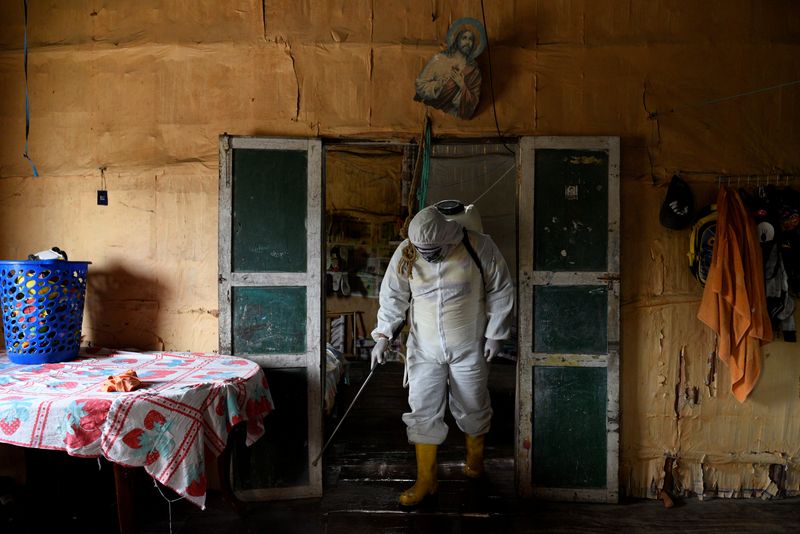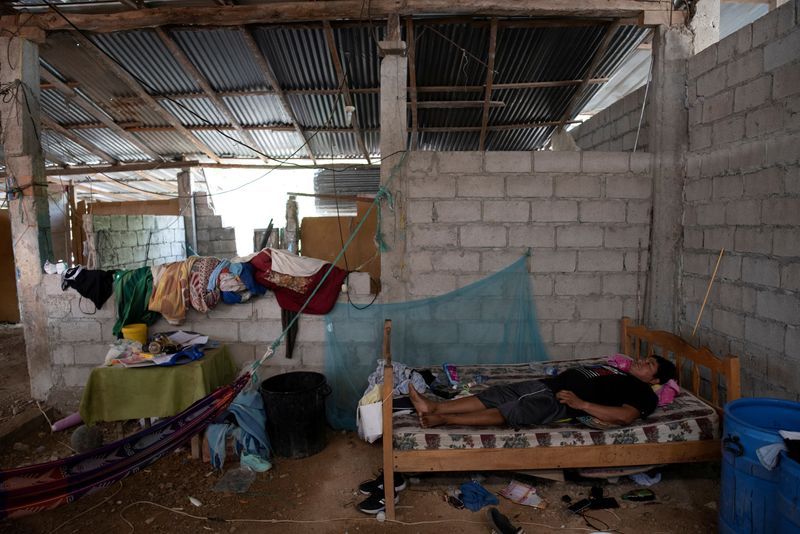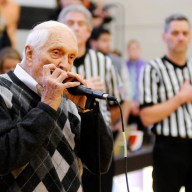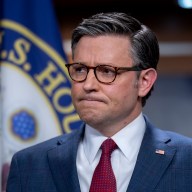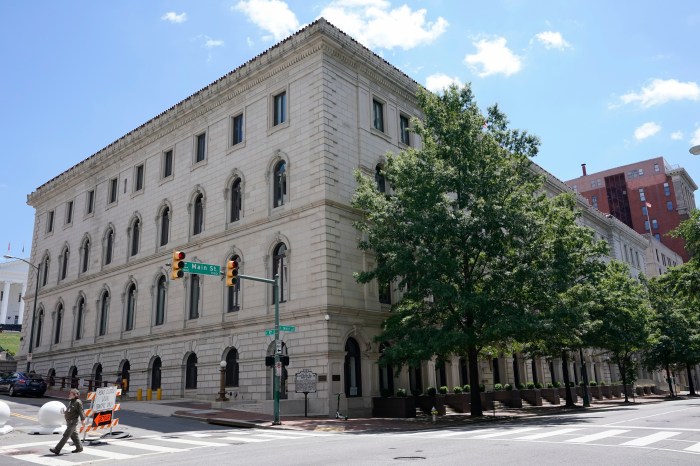CHANDUY, Ecuador (Reuters) – When a group of villagers in the Ecuadorean fishing community of El Real came down with coughs and fevers in early April, nobody was sure if they had the coronavirus – and no health workers were available to diagnose or treat them.
Their local doctor, like many of rural Ecuador’s health workers, had been transferred to the country’s biggest city, Guayaquil. There, the COVID-19 pandemic had overwhelmed hospitals and left authorities struggling to collect bodies.
The villagers say they were only able to provide traditional remedies such as lemon and eucalyptus to the ill, 11 of whom died of what residents believe was the coronavirus. Their actual cause of death remains unknown because they were never tested.
“We practically give them first aid with natural medicine. We don’t have a health center and I think that’s why we have had those deaths,” said Manuel Cruz, 37, an artesanal fisherman who now spends much of his time helping other villagers get health care.
“I ask the authorities to pay attention to those of us in remote areas,” said Cruz, who said that El Real usually records only two deaths in an entire year.
Several settlements along the South American nation’s Pacific Coast are facing similar situations, according to interviews with residents.
In some 90 small coastal settlements that live off artesanal fishing and crabbing, residents say that doctors who had for years been assigned by the government to provide rural health services were sent away and have not returned.
The situation suggests that moving doctors to cities may have exacerbated the impact of the disease in rural areas where poverty is significantly greater and access to healthcare much more precarious.
Around 20 people who suffered symptoms consistent with COVID-19 died in the past month in the town of Zapotal, according to community leader Gloria Tomala, who said this was an unusually high death rate.
“We have asked for help from medical brigades and we are still waiting,” said Tomala. “We need doctors to come to test for the virus, because no one has been tested.”
The health ministry did not respond to a request for comment.
Angel Sarango died at 74 in the town of Chanduy after suffering symptoms consistent with COVID-19, the respiratory disease caused by the coronavirus.
His family buried him that same day in the town’s small cemetery, rather then cremating his remains, as recommended by health experts.
In other communities along the coast, families held wakes in their homes before burying relatives.
In early April, the government said it transferred almost 100 doctors from rural areas to hospitals in Guayaquil and other cities. Reuters was unable to determine if those doctors had previously worked in the coastal villages.
“We are unprotected because the doctors have not come down for two months. They must be working in Guayaquil by now,” said Angela Chalen, 31, who lives by collecting crab and oyster.
Authorities say Guayaquil’s outbreak is now coming under control but that the pandemic is expanding in the highland capital of Quito.
Ecuador has officially reported over 30,000 coronavirus cases and some 2,800 deaths, but authorities acknowledge both figures are likely significant underestimates because the health system is overstretched and many people died before they could be tested.
Some villagers, including Segundo Montoya, 65, have refused to go to public hospitals out of fear.
“A doctor came, but I did not want to go to the hospital, because I could be left alone to die,” said Montoya, while taking his own blood pressure at his home in Zapotal.
That fear became all too real for Marina Cruz from Pechiche, a village that has been heavily affected by the outbreak. Her 64-year-old husband died in the hospital and she herself believes she was also infected with the coronavirus, but decided to stay at home.
In Cerrito de los Morreños in the Gulf of Guayaquil, the government set up a health center – but its doors have been closed for weeks. Residents dismiss it as an “ornament” amid the community’s small, improvised homes.
“Here we are with the only doctor we have: God, who is taking care of us,” said community leader Aurelio Valenzuela. “They have left us. They have abandoned us.”
Photo essay: https://reut.rs/36fWY2A
(Writing by Alexandra Valencia and Brian Ellsworth; Editing by Daniel Flynn and Rosalba O’Brien)

